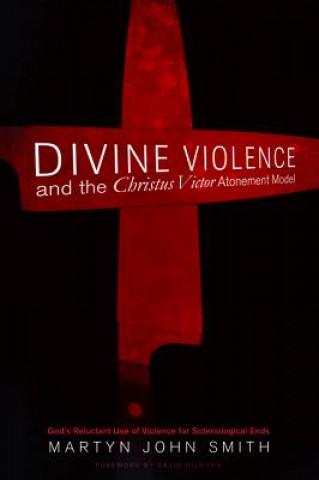
Kód: 15178880
Divine Violence and the Christus Victor Atonement Model
Autor Martyn John Smith
In this book Martyn Smith addresses the issue of God's violence and refuses to shy away from difficult and controversial conclusions. Through his wide-ranging and measured study he reflects upon God and violence in both biblical a ... celý popis
- Jazyk:
 Angličtina
Angličtina - Väzba: Pevná
- Počet strán: 262
Nakladateľ: Pickwick Publications, 2016
- Viac informácií o knihe

53.75 €
Bežne: 56.01 €
Ušetríte 2.26 €

Skladom u dodávateľa
Odosielame za 14 - 18 dní
Mohlo by sa vám tiež páčiť
-

Divine Violence and the Christus Victor Atonement Model
42.69 € -

Final Destination: Disaster
28.77 € -2 % -

Christus Victor
22.52 € -10 % -

Christus Victor: An Historical Study of the Three Main Types of the Idea of Atonement
25.59 € -15 % -

Digital Writing for English Language Learners
33.48 € -

Transformation Behavior and Shape Memory Property of Ti-Ni-Cu Alloys
74.54 € -

Jennifer's Way Kitchen
31.43 € -5 %
Darčekový poukaz: Radosť zaručená
- Darujte poukaz v ľubovoľnej hodnote, a my sa postaráme o zvyšok.
- Poukaz sa vzťahuje na všetky produkty v našej ponuke.
- Elektronický poukaz si vytlačíte z e-mailu a môžete ho ihneď darovať.
- Platnosť poukazu je 12 mesiacov od dátumu vystavenia.
Viac informácií o knihe Divine Violence and the Christus Victor Atonement Model
Nákupom získate 133 bodov
 Anotácia knihy
Anotácia knihy
In this book Martyn Smith addresses the issue of God's violence and refuses to shy away from difficult and controversial conclusions. Through his wide-ranging and measured study he reflects upon God and violence in both biblical and theological contexts, assessing the implications of divine violence for understanding and engaging with God's nature and character. Jesus too, through his dramatic actions in the temple, is presented as one capable of exhibiting a surprising degree of violent behavior in the furtherance of God's purposes. Through a reappropriation of the ancient Christus Victor model of atonement, with its dramatic representation of God's war with the Satan, Smith proposes that Christian understanding of both God and salvation has to return to its long-neglected past in order to move forward, both biblically and dynamically, into the future. ""In this well-researched study on the atonement, Martyn Smith refuses to shy away from the hard theological questions. Neither is he afraid to take a controversial stance. Insisting that theology's task is to allow the Scriptures to speak for themselves, Smith boldly claims that God regularly engages in acts of violence in his redemption of the world. The result is a robust re-articulation and defense of the Christus Victor model of the atonement."" --Hans Boersma, J. I. Packer Professor of Theology, Regent College ""There is no getting away from it, Martyn Smith's debutant book is as contentious and exciting as the work of Gustaf Aulen, which he champions. Aulen's book Christus Victor, A Historical Study of the Three Main Types of the Idea of Atonement (1931) was a revisionist theological history divided into what he called the classical theory, the scholastic, and the moral exemplar theories. The classical model he identifies with the (mainly Eastern) Fathers of the Early Church, the scholastic begins with Anselm in the early middle ages, (eleventh century) and the moral exemplar model with Peter Abelard (also eleventh century, but a little later than Anselm) At the present time, Christians of a liberal disposition follow Abelard because in doing so they can talk of peace, reconciliation, and morality without a commitment to the supernaturalism of pre-Enlightenment metaphysics. More Conservative Christians are divided over the first two types. Many Evangelicals, for example, see the Juridical views of Anselm as the touchstone of orthodoxy whereas the Christus Victor type, when combined with a strong Incarnational view of the atonement--the focus being the person of Christ--the ontological issue of who he is takes precedence over what he does (the work of Christ is dependent on the fact that he is truly God (ho theos) and truly human (anthropos) The first epistle of John (1 John 4:2) tells us that those who belong to God are those who recognize that Jesus Christ has come in the flesh. Smith argues, following Aulen, that the classical model was the one that best explained the atonement. The full import of the Christus Victor type is clearly described in the words of John's first epistle, 'The Son of God was revealed for this purpose, to destroy the works of the devil' (1 John 3:8 NRSV). Smith wonders, as do I, whether you can tell the Gospel story without a belief in a real Devil. The fact, by the way, that Smith calls the Evil One 'the Satan' is not affectation but a grammatical convention in Hebrew that Satan is a title not his name; the actual meaning of the word Satan is adversary. Smith's book rests on a disturbing but prescient premise: Christ's victory involves violence. This is a shocking view of the cross, which these days is more often understood in the words of Walter Wink, as 'redemptive non violence.' Smith, however, is nothing if not bold. It is a fact that in an era of terrorism and violence talk of the violence
 Parametre knihy
Parametre knihy
Zaradenie knihy Knihy po anglicky Humanities Religion & beliefs Religion: general
53.75 €
- Celý názov: Divine Violence and the Christus Victor Atonement Model
- Autor: Martyn John Smith
- Jazyk:
 Angličtina
Angličtina - Väzba: Pevná
- Počet strán: 262
- EAN: 9781498239493
- ISBN: 1498239498
- ID: 15178880
- Nakladateľ: Pickwick Publications
- Hmotnosť: 528 g
- Rozmery: 161 × 237 × 20 mm
- Dátum vydania: 23. September 2016
Obľúbené z iného súdka
-

Waking Up
10.95 € -24 % -

The Righteous Mind
14.43 € -23 % -

End of Faith
9.92 € -17 % -

Death
6.34 € -
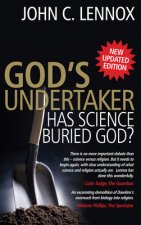
God's Undertaker
12.28 € -23 % -
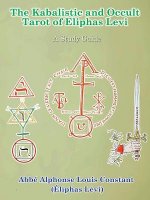
Kabalistic and Occult Tarot of Eliphas Levi
32.25 € -

Anarchy Evolution
15.35 € -21 % -
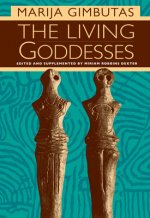
Living Goddesses
36.34 € -12 % -

Original Aramaic New Testament in Plain English with Psalms & Proverbs (8th Edition Without Notes)
35.63 € -

Scientific Healing Affirmations
6.95 € -

Conversations With God
10.95 € -24 % -

The Psychology of Selling
15.45 € -23 % -

As a Man Thinketh
6.54 € -
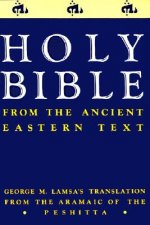
Holy Bible
60 € -
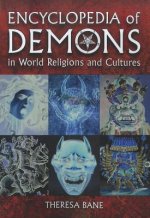
Encyclopedia of Demons in World Religions and Cultures
57.85 € -

American Cosmic
20.78 € -24 % -
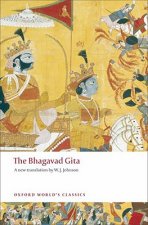
Bhagavad Gita
8.39 € -18 % -

Koran
21.90 € -

Secular Age
88.27 € -

Mabon
11.66 € -18 % -

Religion for Atheists
14.22 € -16 % -
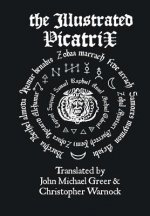
Illustrated Picatrix: the Complete Occult Classic of Astrological Magic
62.77 € -

Cosmic Chemistry
16.58 € -23 % -

Princess Majestic Bible Tabs
7.16 € -5 % -
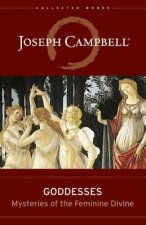
Goddesses
22.83 € -18 % -

You Are the Universe
13.51 € -24 % -

Good Morning, Holy Spirit
17.19 € -19 % -
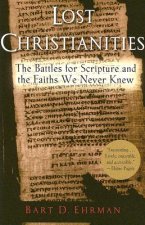
Lost Christianities
18.83 € -19 % -
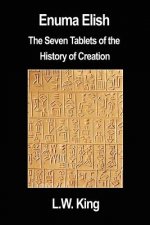
Enuma Elish
19.75 € -

Golden Bough
21.39 € -

Mary Magdalene and the Divine Feminine
16.68 € -3 % -
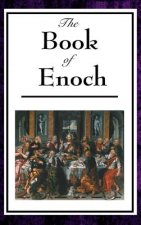
Book of Enoch
24.36 € -

Energy in Orthodox Theology and Physics
42.69 € -

History of God
14.43 € -23 % -

Religions Book
19.96 € -21 % -
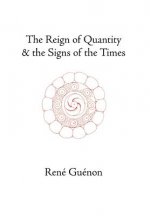
Reign of Quantity and the Signs of the Times
39.11 € -
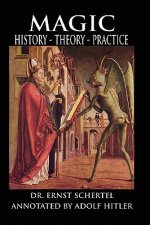
Magic: History, Theory, Practice
23.85 € -
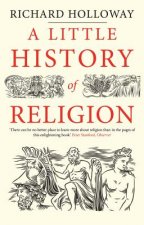
Little History of Religion
13.61 € -16 % -

Experience of God
17.71 € -17 % -
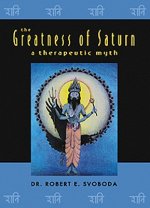
The Greatness of Saturn
13.20 € -18 % -
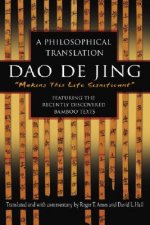
Dao De Jing
17.40 € -5 % -
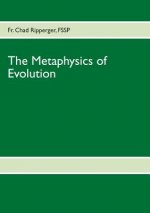
Metaphysics of Evolution
13.81 € -
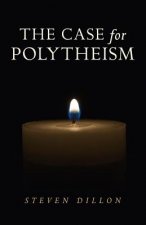
Case for Polytheism
11.87 € -10 % -

History of Israel, Fourth Edition
53.75 € -4 % -
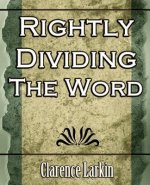
Rightly Dividing the Word (Religion)
36.75 € -
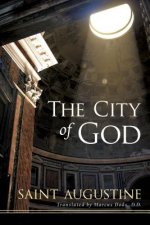
City of God
20.06 € -1 % -

Fallen Angels and the Origins of Evil
18.42 € -4 % -
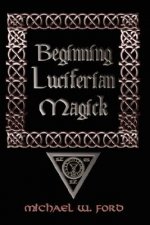
Beginning Luciferian Magick
20.88 € -
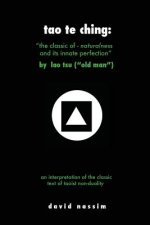
Tao Te Ching - by Lao Tsu
18.83 €
Osobný odber Bratislava a 2642 dalších
Copyright ©2008-24 najlacnejsie-knihy.sk Všetky práva vyhradenéSúkromieCookies


 21 miliónov titulov
21 miliónov titulov Vrátenie do mesiaca
Vrátenie do mesiaca 02/210 210 99 (8-15.30h)
02/210 210 99 (8-15.30h)